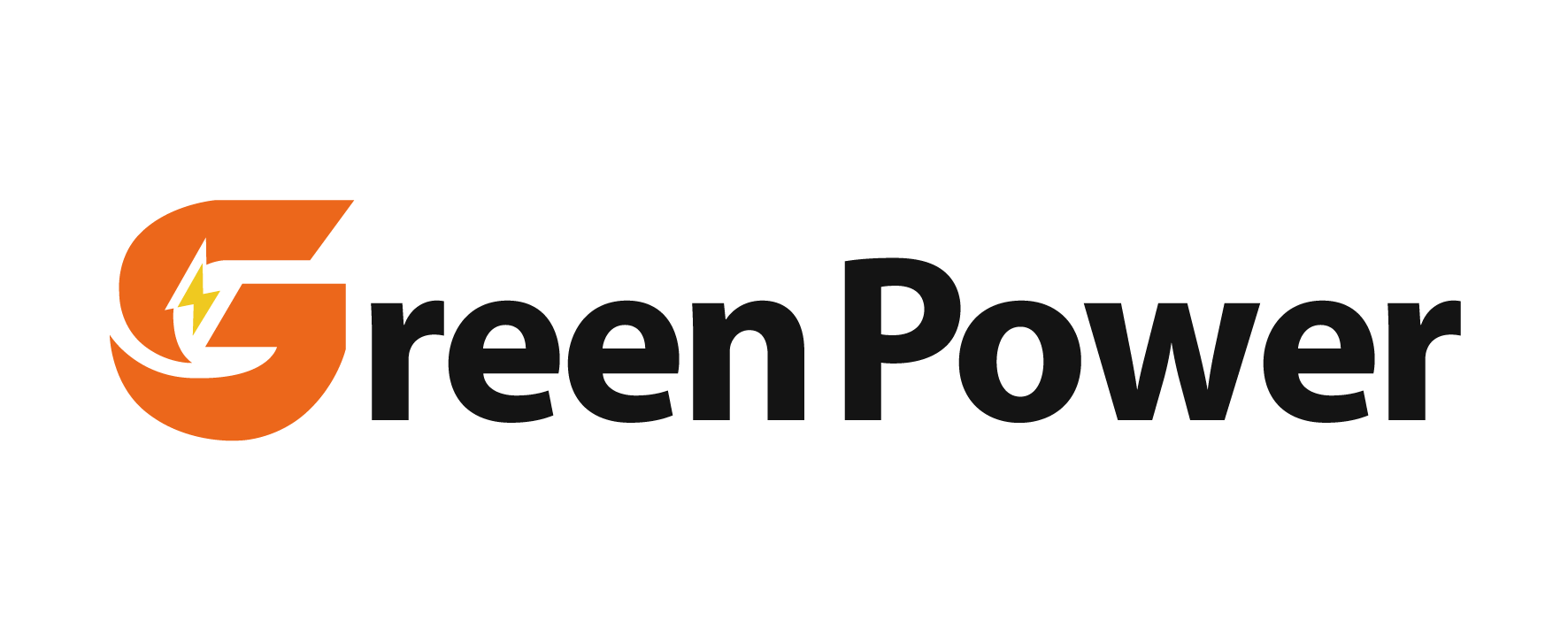cost of lithium ion battery per kwh
The cost of lithium ion battery per kWh has seen a remarkable decline over the past decade, revolutionizing energy storage economics. Currently averaging between $130 and $160 per kilowatt-hour in 2023, these costs represent a dramatic decrease from over $1,200 per kWh in 2010. This significant price reduction has made lithium ion batteries increasingly accessible for various applications, from electric vehicles to grid storage solutions. The technology combines high energy density, excellent cycle life, and minimal maintenance requirements, making it a cost-effective choice for both consumer and industrial applications. The declining costs are attributed to improved manufacturing processes, technological advancements in cell chemistry, and economies of scale in production. These batteries utilize lithium ions as the primary charge carriers, moving between the anode and cathode through an electrolyte during charge and discharge cycles. The current price point has made electric vehicles more competitive with traditional combustion engine vehicles and has enabled the widespread adoption of renewable energy storage systems. Industry experts project further cost reductions, with some forecasts suggesting prices could fall below $100 per kWh by 2024, potentially revolutionizing the energy storage market even further.



